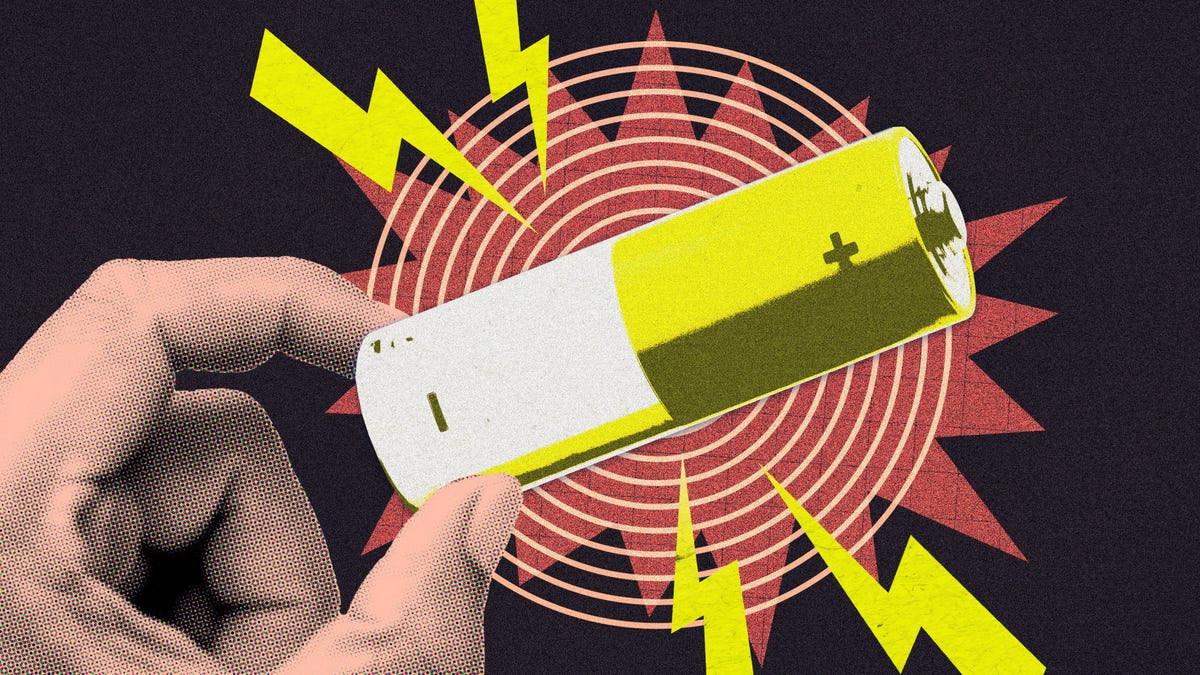The battery has evolved significantly over its 224-year history. From Alessandro Volta’s metal disks and brine-soaked cloth to modern batteries the size of a graham cracker that can last for days, there have been significant advancements. However, the question remains – what is the limit of current battery technology? What technical challenges need to be overcome to reach that limit, and when will these obstacles be conquered? The future of energy storage is a topic of interest for scientists worldwide, with some exploring the possibility of quantum batteries that utilize the principles of quantum physics.
A battery operates by utilizing chemical reactions to generate electrical energy. Over the centuries, various battery cells have been developed, with the lead-acid battery in 1859 being the first to recharge by reversing current. In the late 20th century, the lithium-ion battery gained popularity and remains widely used today. Despite these advancements, the fundamental principle of a chemical reaction producing electrical power has remained constant.
Quantum physics operates under different rules from classical physics, with particles in quantum states behaving uniquely under specific conditions. Quantum batteries, as envisioned, store energy through quantum entanglement or behaviors that closely link the battery and its source. The challenge lies in maintaining these quantum properties for extended periods.
Recent experiments have explored the potential of quantum batteries, with some proposing systems that charge in an indefinite causal order, potentially outperforming conventional protocols. Different experimental setups offer various pathways to innovate on the design of these futuristic technologies, with some systems showing promising results in terms of energy storage and efficiency.
While quantum batteries are still in the early stages of development, researchers are optimistic about their potential to revolutionize energy storage. As technology continues to advance, quantum batteries may offer a more efficient and faster-charging alternative to conventional batteries.

